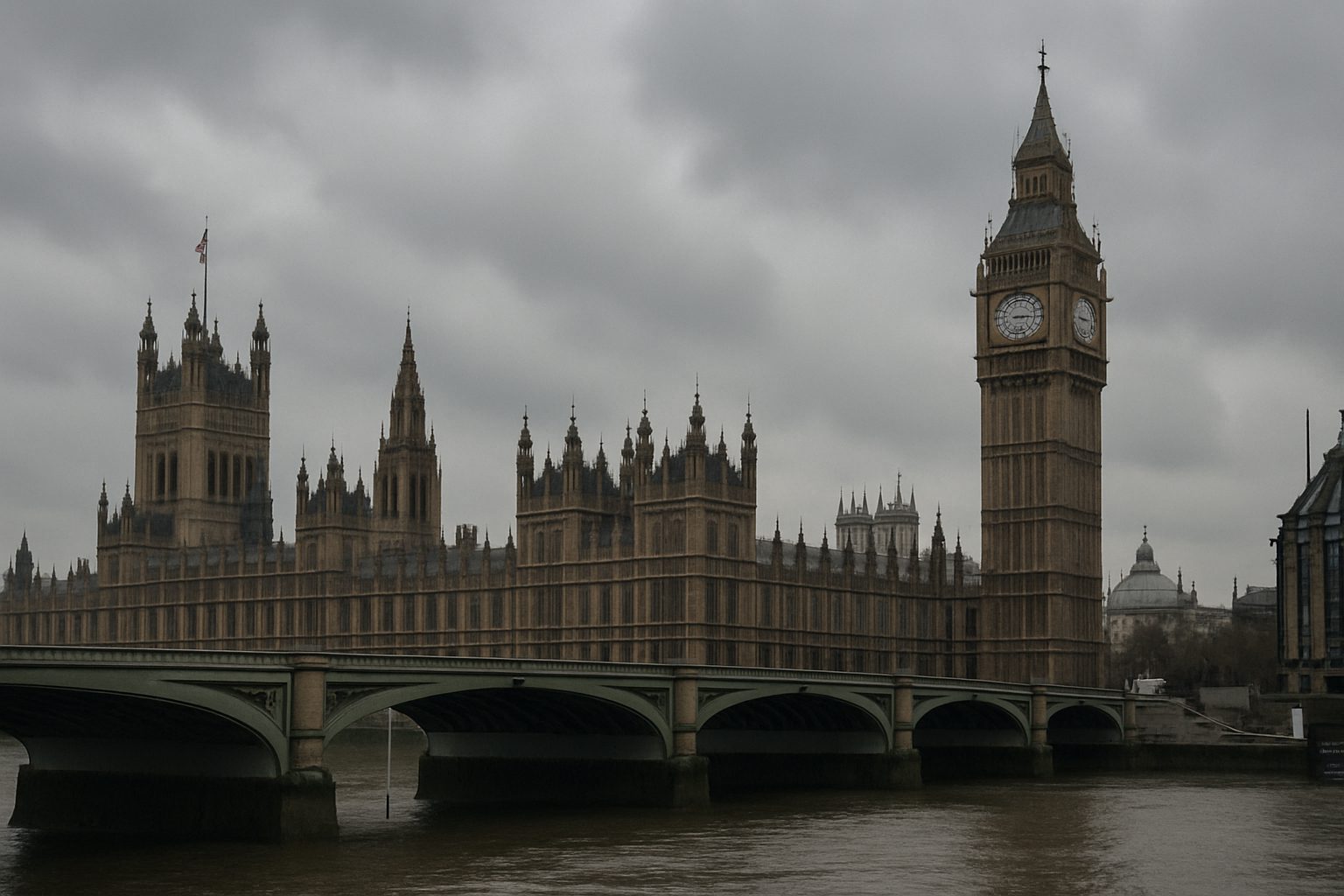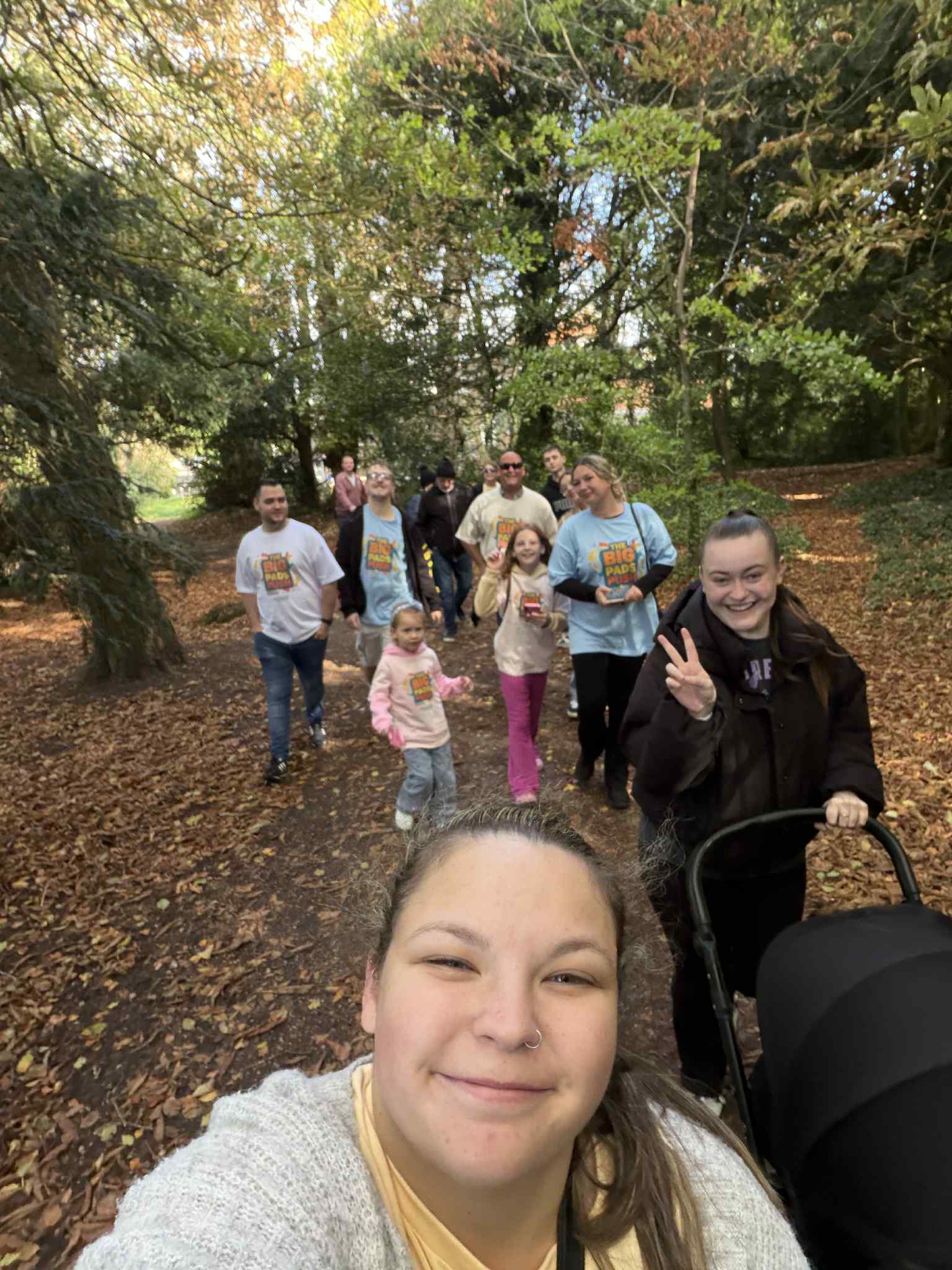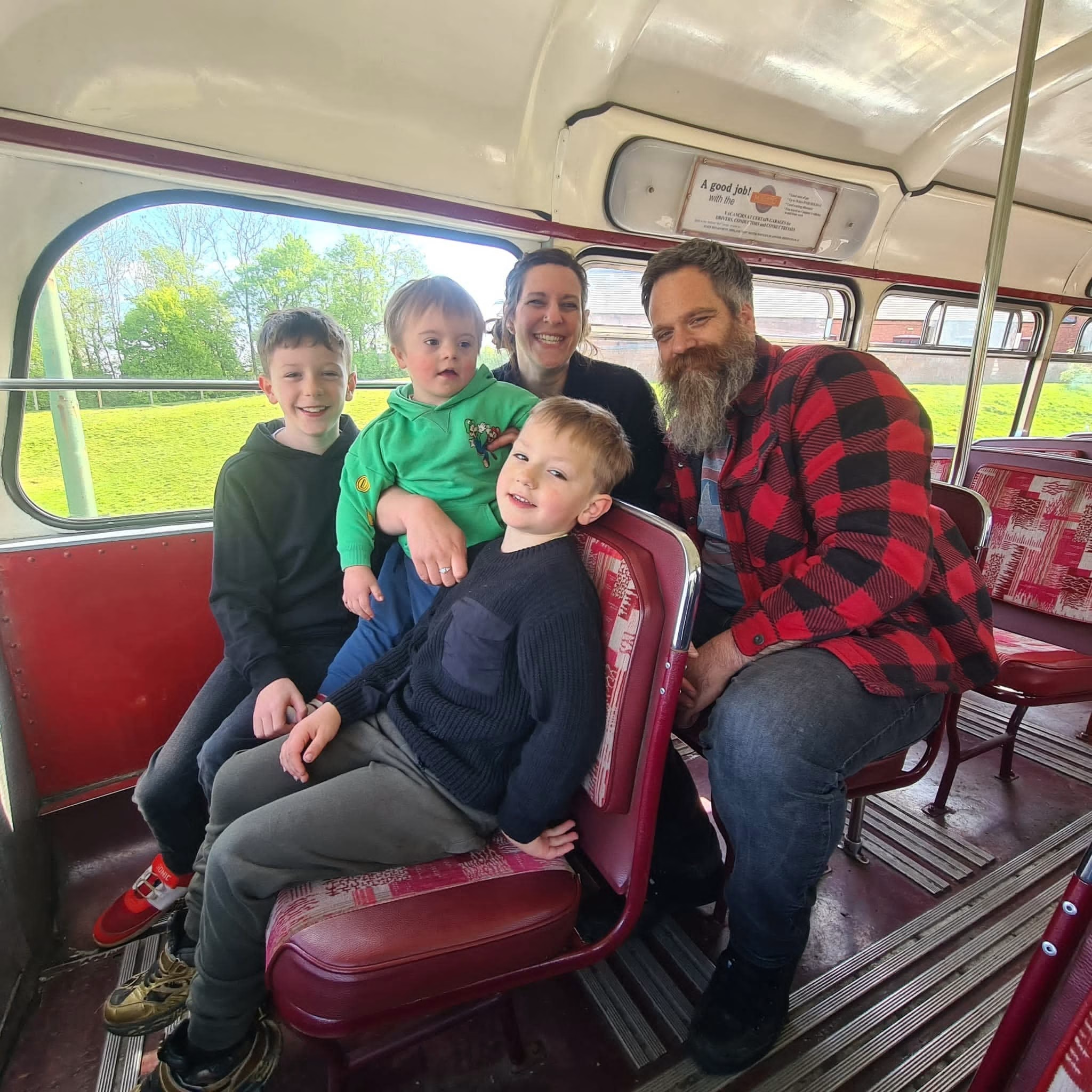- by Nicola Enoch
When Ellie Goldstein stepped onto the Strictly Come Dancing floor, many celebrated it as a triumph for inclusion – and rightly so. But beneath the sequins and spotlights lies an uncomfortable truth: the playing field is never level. Not on the ballroom floor, not in the classroom, and not in most parts of life for people with Down syndrome.
Inclusion isn’t about pretending that everyone starts from the same place. It’s about recognising difference, respecting individuality, and ensuring that everyone has the chance to take part – fully, fairly, and with dignity.
Starting in the labour ward
I often reflect on how society defines “normal”, a concept that shapes expectations, opportunities, and attitudes, and ultimately determines who feels included and equally importantly, who does not. I first realised how we define “normal”, and by inference who belongs and who does not, when my unborn son was described as a chromosomal abnormality.
In healthcare, there is a medically defined standard of normal, and anything that deviates from that standard is often labelled abnormal, defective, or an anomaly. These words carry weight. They influence how parents feel, how professionals respond, and how society views difference. From that very first moment, families begin to sense the imbalance – a world that too often sees difference as a deficit, instead of celebrating it as diversity.
Equality and equity are not equal
This imbalance runs deep. Equality means treating everyone the same. Equity means providing the right support so that everyone has a fair chance to succeed. Equality offers everyone identical shoes; equity makes sure each pair fits.
Ellie Goldstein’s journey, like that of so many people with Down syndrome, shows us that success comes not from ignoring difference but from accepting and embracing it. In this case, the BBC stood up and provided the opportunity, Vito Coppola stepped up and adapted his teaching, and Ellie stepped forward and shone.
Beyond the dance floor
In classrooms, workplaces, and communities, we still see systems built around a narrow definition of “normal.” When someone needs more time, a different approach, or an adapted resource, it’s too often seen as an inconvenient exception rather than good practice.
When we adapt, everyone benefits – learning becomes more flexible, workplaces more creative, and communities more compassionate. As Vito discovered through working with Ellie, inclusion doesn’t just change opportunities; it changes perspectives. He said that before meeting Ellie, he saw the world in black and white – now he sees it in colour.
The real measure of inclusion
True inclusion isn’t about levelling the field; it’s about opening the gates. It’s about giving every person the chance to dream, to participate, and to experience joy and be challenged in their own way. When a dancer like Ellie takes to the floor, she isn’t asking for special treatment – she’s asking for understanding, collaboration, and the same opportunity to shine.
As the saying goes: diversity is being invited to the party; inclusion is being invited to dance; belonging is being able to choose the music.
A more equitable world
We still have a long way to go for people with Down syndrome, but Ellie’s participation on a BBC flagship show is a big step in the right direction. We need to keep working towards a world where ambition is expected and encouraged for all, difference is accepted and respected, and individuality is celebrated. A society built not on comparison and competition, but on compassion and connection.
At Down Syndrome UK, we see every day what can happen when families, educators, and professionals choose equity: potential flourishes, confidence grows, and belonging becomes real – not just a word, but a way of life.
Share this post
Author
 CEO
CEOHaving pursued a successful career in retail consultancy, Nicola Enoch’s life changed drastically when in August 2004 her son Tom was born with Down syndrome.
In 2006 Nicola formed The Ups of Downs in Warwickshire and subsequently created a network of support groups across the UK to disseminate best practice. This led to the formation of Positive about Down syndrome in 2017 and grew into DSUK.
View all posts









